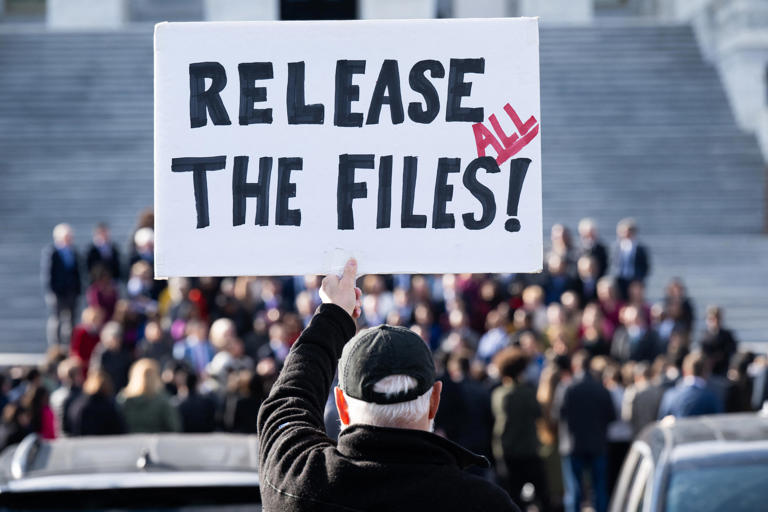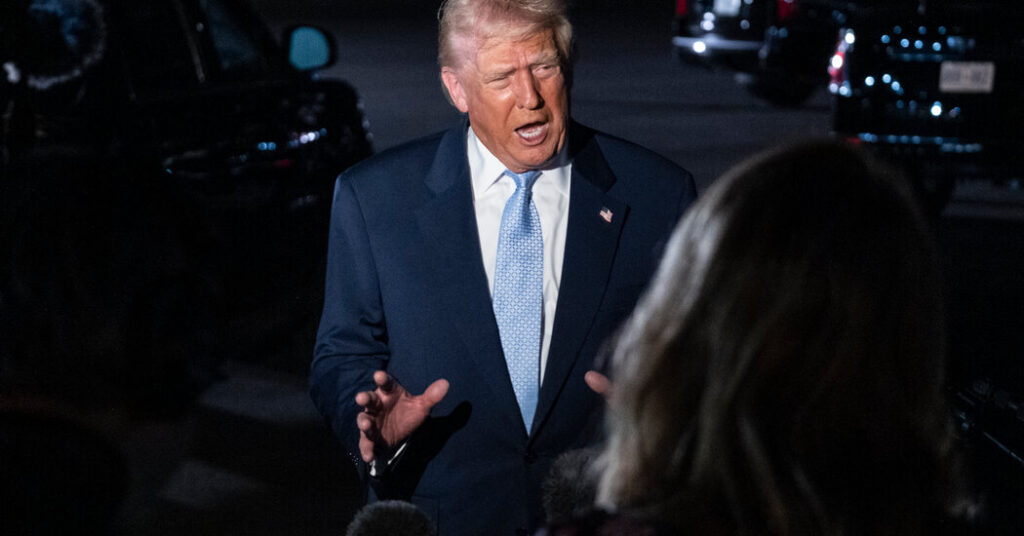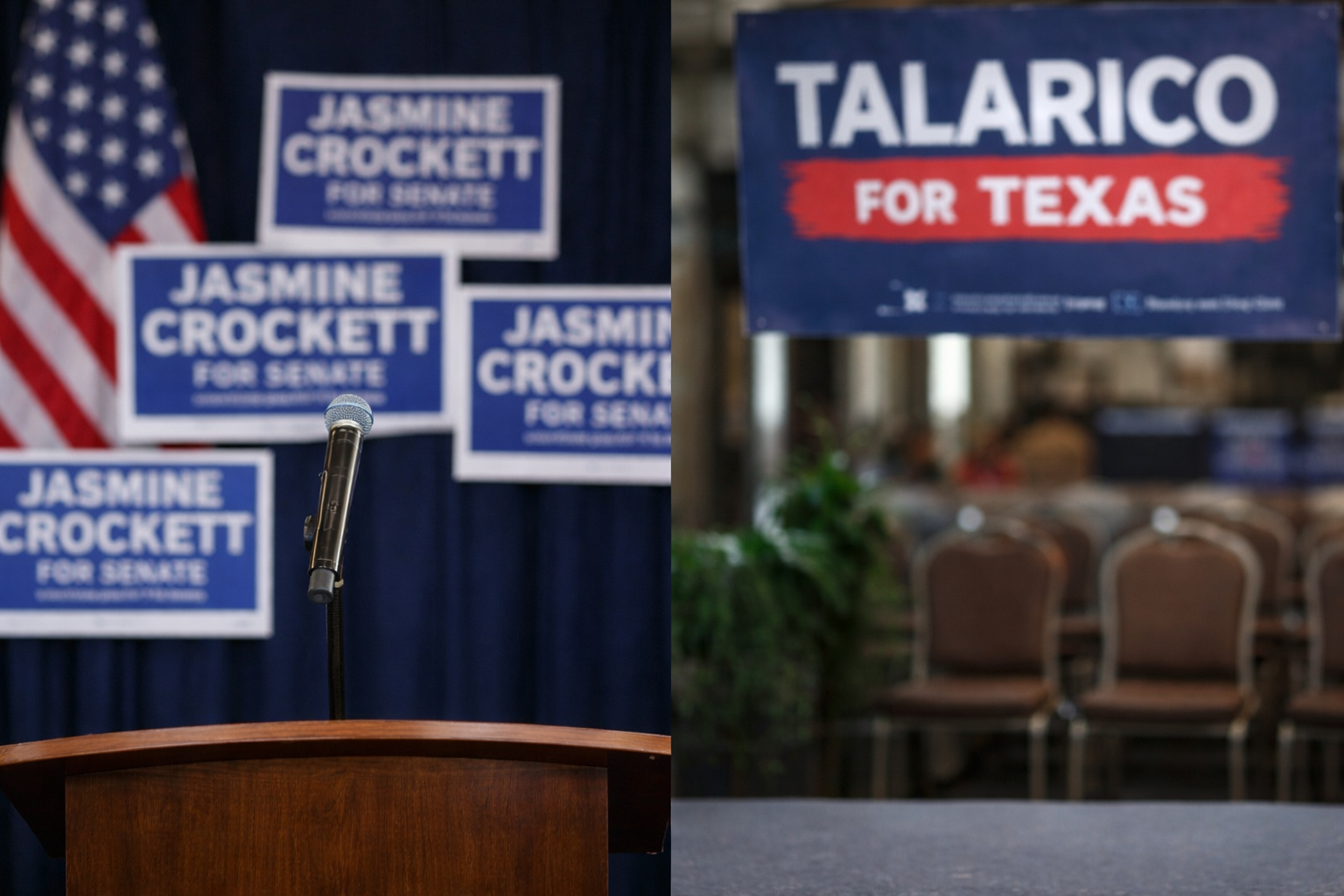
Major Takeaways
Trump’s sudden flip on releasing the Epstein files reshaped the political pressure on House Republicans.
A bipartisan discharge petition forced the upcoming House vote, setting the stage for transparency demands.
Even if the House votes yes, legal redactions and Senate hurdles could limit what the public ultimately sees.
Trump’s Exclusive About Face on the Epstein Files: What Changed, Who’s Pushing, and What It Means
President Donald Trump’s sudden reversal urging House Republicans to vote to release Justice Department files related to Jeffrey Epstein has blown open a political fight that had been simmering for months. A vote in the House is expected as soon as Tuesday, a direct result of bipartisan maneuvering that forced the issue out of back rooms and onto the House floor. The shift has jolted both parties, raised the stakes around transparency, and placed intense scrutiny on what the coming vote could actually reveal.
The push to release the files is tied to a bill that compels the Justice Department to release all unclassified documents related to federal investigations into Epstein. A congressional discharge petition designed to bypass leadership and force a vote is what triggered the current showdown. That petition reached the required 218 signatures last week, meaning House leaders could no longer avoid bringing the matter forward. Once the signatures were officially tallied, a vote became nearly automatic unless members withdrew their support. At that exact moment, the politics around the issue shifted dramatically.
Trump, who had spent months dismissing the disclosure effort and attacking it as a partisan stunt, suddenly announced that Republicans should vote for the release. He argued that there was nothing to hide and urged members of his party to support the measure. The turn was unexpected, and it instantly changed the tone across the Republican conference. House leaders quickly adjusted their public posture, signaling they were ready to move ahead with the vote.
The House vote is only the first step. Even if the measure passes in the House, it must go to the Senate, where leadership controls the pace and timing of any action. Approval in the Senate is far from guaranteed. And even a bill that clears Congress would ultimately need to be signed by the president unless there is a veto proof majority. That means there is a long road between a House vote and any meaningful release of government files.
Despite these hurdles, Trump’s public reversal matters because it dramatically alters the political incentives. Until now, many Republicans were hesitant to express open support for disclosure, wary of feeding Democratic narratives or opening themselves to political attacks. Some feared the release of new documents could produce embarrassing revelations or raise questions about past associations. Trump’s opposition had made it safer for Republicans to resist. His change of heart instantly made it safer for them to support the bill.
Democrats, for their part, have embraced the fight. They have framed the disclosure effort as a matter of transparency, accountability, and justice for victims. Recent public releases of emails and communications tied to Epstein increased the political pressure on Republicans, especially moderate ones. These releases, which Democrats argued raised new questions about past knowledge and associations, intensified the call for a comprehensive release of government held records.
The bill at the center of this fight directs the Justice Department to release unclassified materials from multiple investigations into Epstein. It touches on federal inquiries into sex trafficking, financial crimes, and the operations of Epstein’s personal and professional network. But it is important to understand that unclassified does not mean unredacted. Federal agencies may still remove large sections of text to protect ongoing investigations, victim identities, intelligence sources, operational details, classified information, or grand jury proceedings.
Anyone anticipating a full dump of names, photos, or salacious notes is likely to be disappointed. Prior releases of Epstein related documents have shown how heavy redaction can be, leaving many pages almost entirely blacked out. Victim privacy laws alone ensure large amounts of sensitive material will not appear. That means transparency may increase, but the final public record may still be incomplete.
The broader context of the Epstein case adds to the tension. Epstein died in federal custody in 2019. Since then, documents related to his operations have emerged through court proceedings, civil litigation, and investigative reporting. These records include flight logs, deposition transcripts, email exchanges, and memos. They contain references to high profile public figures, business leaders, celebrities, and politicians. Many of the names already known to the public have fueled speculation, conspiracy theories, and calls for government transparency.
The political divide over these releases has been intense. Democrats have pushed consistently for wide disclosure, arguing that accountability is owed to victims and the public. Some Republicans have viewed the effort with skepticism, concerned that Democrats would weaponize the documents for political gain. Others on the right have embraced disclosure for their own reasons, believing the material might expose powerful people they oppose politically.
The discharge petition that forced the current vote is a rarely used procedural tool designed to break legislative gridlock. It requires 218 signatures, which means it can only succeed when members of both parties cooperate. That bipartisan threshold is exactly what allowed this issue to move forward. The moment the petition passed the signature requirement, the fight shifted from procedural wrangling to a major political showdown.
Key figures within the House have taken different approaches. Some Republican leaders publicly expressed support for moving the matter forward, framing it as an opportunity to put the issue to rest once and for all. Others have issued cautious statements, emphasizing the need to protect victims and national security. Conservative hardliners continue to argue that the disclosure effort could be used as a political weapon. Meanwhile, Democrats see the vote as a chance to demonstrate unity around transparency and accountability.
For the Justice Department, the coming vote presents a complicated challenge. Even with legislative pressure, the department must balance transparency with legal obligations. Grand jury material cannot be released without a court order. Intelligence information must be protected. Documents that are part of ongoing investigations must remain sealed to avoid compromising future prosecution. These legal constraints mean the Justice Department may produce documents in waves, or with detailed redaction, or after lengthy internal review.
The politics around the files do not end with the House vote. A major question is how the Senate will respond. If Senate leadership agrees to bring the measure to the floor quickly, it will be a sign that the political momentum is strong. If leadership delays or stalls, it may be an indication that the party wants to avoid the issue in an election year. A stalled bill in the Senate could also give the White House space to avoid a potentially controversial decision.
Public attention is likely to intensify as the House vote approaches. The possibility of new information related to Epstein, his operations, or his associates always attracts wide interest. Even heavily redacted disclosures can reignite debate and speculation. For victims of Epstein’s crimes, further releases can be emotionally challenging, but they may also represent the closest thing to accountability the federal system can provide. For the public, these files are a window into how institutions handled a high profile predator with vast wealth and political access.
The vote is also a test of how Congress handles transparency issues involving sensitive subjects. It pits the desire for openness against the legal and ethical requirements of victim privacy. It forces lawmakers to confront the limits of the Justice Department’s disclosure authority. And it raises questions about whether Congress itself will ever take broader action to reform how federal agencies handle records in cases involving powerful individuals.
For Trump, the reversal serves several purposes. It shields him politically by allowing him to say he supports transparency. It reduces the risk that Republicans appear to be protecting him personally. It aligns him with a bipartisan majority at a moment when the political cost of resistance is growing. And it positions him to respond quickly if future disclosures include embarrassing material. By stating that he has nothing to hide, he gets ahead of any potential narrative.
For Democrats, the coming vote is already a political victory. They forced a rare discharge petition onto the floor. They rallied bipartisan support. They heightened public attention and placed Republicans in a position where opposing transparency would carry political risk. Even if the final disclosures are heavily redacted or delayed, the act of forcing the vote is itself a statement.
The public should watch several key developments in the coming days and weeks. The first is the House vote tally. A strong bipartisan vote, especially one that includes a significant number of Republicans, will show that Trump’s reversal reshaped the political landscape. The second is the Senate’s response. Swift action would suggest strong political pressure, while a slow walk would signal caution. The third is the Justice Department’s public stance. Officials may outline a timeline for reviewing and releasing materials, or they may issue a statement emphasizing legal limitations. The fourth is any new information emerging from previously unseen documents. Even small pieces of new information can radically alter public conversation.
This entire saga highlights a deeper issue. The Epstein case has become a symbol of public distrust in institutions. Many Americans believe the powerful receive special treatment. The fight over these files taps directly into that belief. Whether or not the documents ultimately satisfy the public, the demand for transparency reflects a broader cultural moment where secrecy is no longer tolerated simply because it is familiar.
In the end, the House vote is not the final chapter. It is the start of a new phase in a long running debate over justice, power, and accountability. It may take months or years before the full impact of this decision becomes clear. But one thing is certain. The political world is paying attention. The public is paying attention. And the pressure on institutions to act transparently has never been greater.












